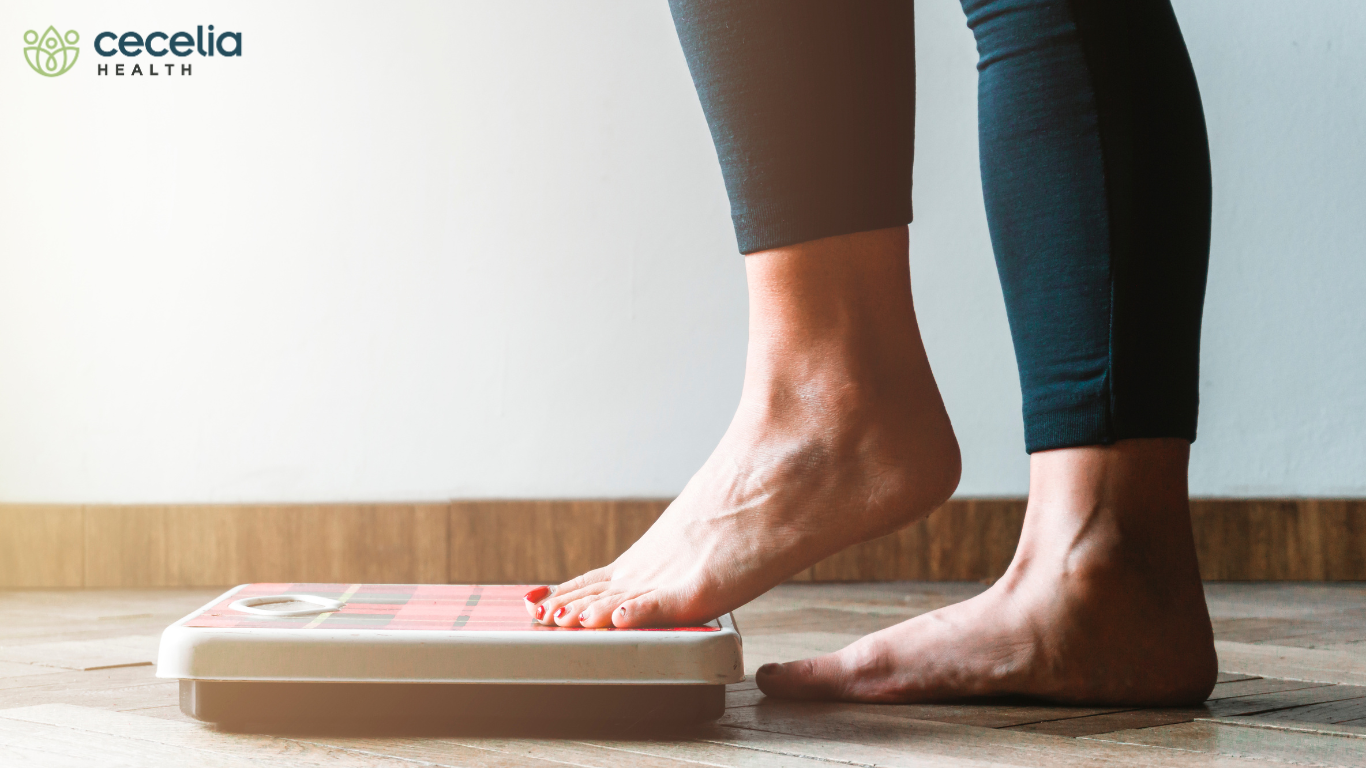GLP-1 stands for Glucagon-Like Peptide-1, which is a hormone that helps regulate blood sugar and appetite. These medications work by mimicking this hormone, leading to reduced hunger and better blood sugar control. However, relying solely on medication limits its benefits, so forming good habits is essential for long-term success. Combining GLP-1 with a healthy lifestyle leads to better health outcomes and helps prevent complications from diabetes and obesity. Below we will discuss why these changes are important to improve the long-term success of GLP-1s.
1. Weight Management
GLP-1 medications can aid in weight loss, but they are most effective when combined with a balanced diet. If you continue to eat unhealthy foods, you may not lose weight as effectively and are less likely to keep it off in the long-term. A focus on nutritious foods, such as lean proteins, fruits, and vegetables, and healthy fats, can help you achieve your weight loss goals and maintain them for longer.
2. Better Blood Sugar Control
One thing GLP-1 medications can help with is blood sugar control, and a healthy diet can improve control even better. Eating foods high in fiber, such as fruits, vegetables, and whole grains, helps keep blood sugar stable. If you eat a lot of sugary or processed foods, you might not see the full benefits of the medication. This is because high-sugar foods can cause blood sugar spikes, which can be harmful over time and can lead to overeating.
3. Nutrient Intake
A healthy diet is vital for overall health, providing essential vitamins and minerals. While GLP-1 medications can help lose weight, they do not supply nutrients. Eating a variety of foods ensures you’re getting the nutrients your body needs to function well. A lack of essential nutrients can lead to fatigue and other health problems, making it harder to stick to a healthy lifestyle.
4. The Role of Exercise
GLP-1 medications can cause muscle loss because of rapid weight loss. Muscle loss can increase risk for falls and fractures, increase risk for disease, and make it difficult to perform daily activities. It is best to aim for at least 150 minutes of moderate exercise each week. Activities such as walking, swimming, or cycling can be enjoyable and help you feel better physically and mentally. Talk to your healthcare professionals before starting a new exercise regimen.
5. Maintaining Good Habits
Changing your diet and lifestyle requires forming good habits. While GLP-1 medications can help reduce cravings and hunger, they don’t replace the need for self-discipline. By focusing on healthy eating and regular exercise, you can develop habits that support long-term weight management and health. It’s important to remember that medication alone is not a sustainable solution.
6. Managing Stress and Sleep
Stress and sleep quality also play significant roles in weight management. High stress levels can lead to unhealthy eating habits, while poor sleep can make it harder to lose weight. GLP-1 medications may help with appetite control, but managing stress through activities like meditation or yoga, along with getting enough sleep, is important. Aim for 7-9 hours of sleep each night to support your body’s needs.
While GLP-1 medications are a big help in managing weight and blood sugar, they are not a standalone solution. Making diet and lifestyle changes is essential to maximize the benefits of these medications and ensure long-term weight management. By focusing on a balanced diet, regular exercise, stress management, and good sleep, you can improve your health and well-being. Remember, the journey to better health is a combination of smart choices, and every step you take matters!
